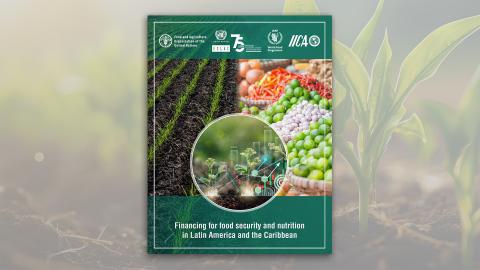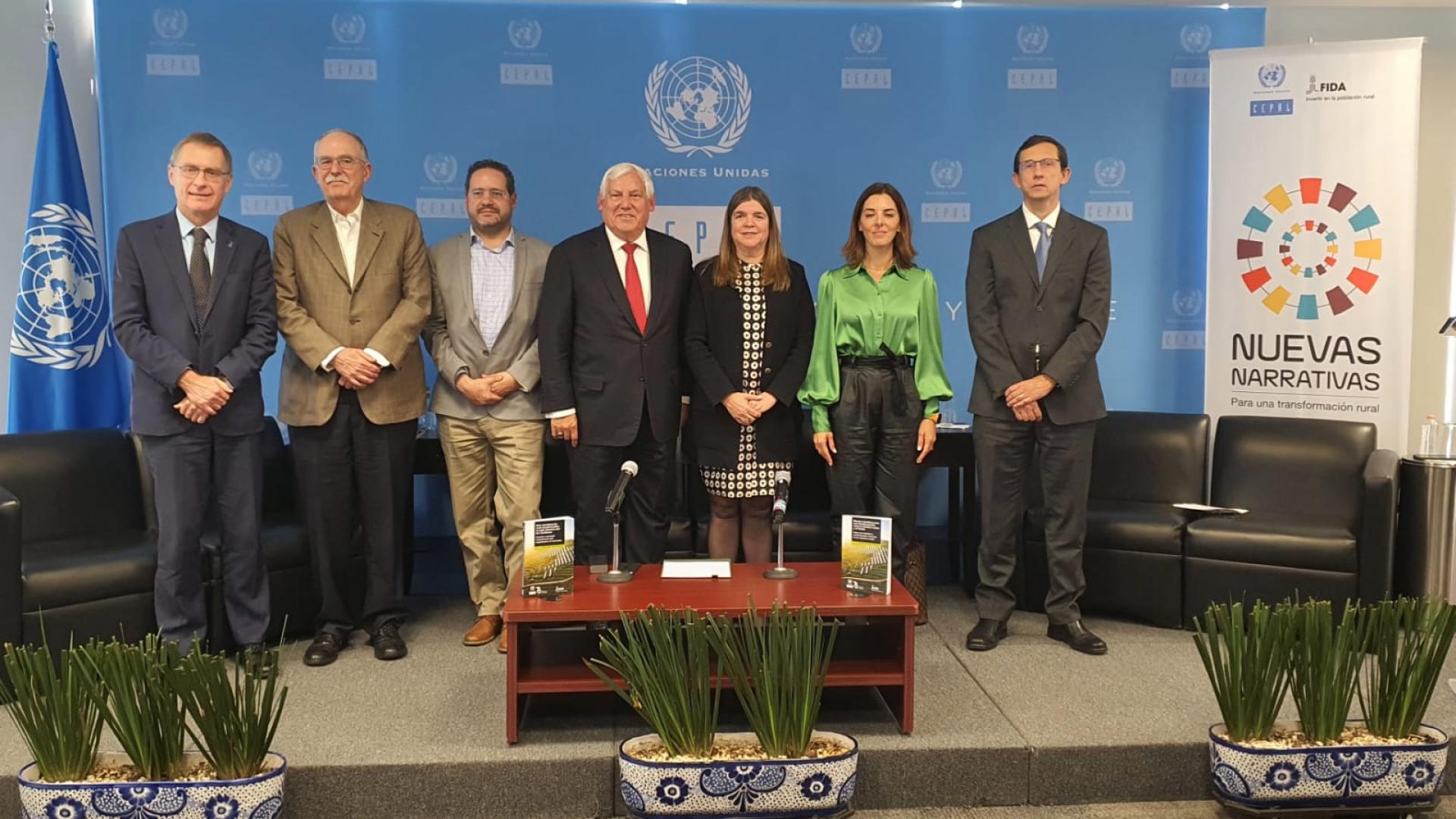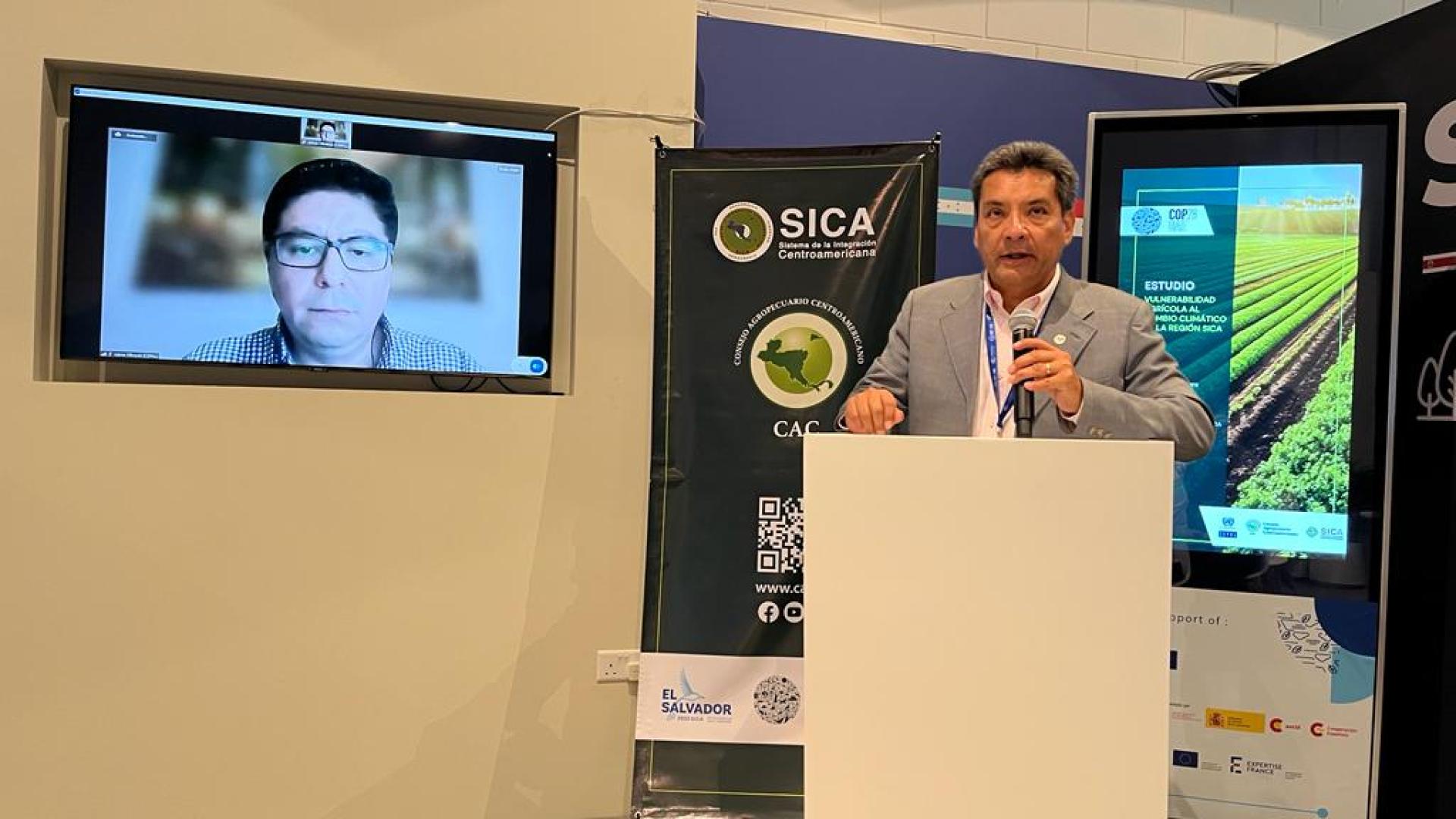Press Release
The Study of the Economics of Climate Change in Bolivia, presented on Monday 4 August in La Paz, provides the first estimate of the costs of climate change based on biophysical and economic analyses of the links between climate and production sectors. The document was coordinated by the Economic Commission for Latin America and the Caribbean (ECLAC) and the Inter-American Development Bank (IDB), with contributions from the Ministries of Environment and Water, Economy and Public Finances, Development Planning and External Relations of Bolivia.
On average, total losses caused by climate change in the country over the rest of the 21st century are expected to average out (as an annual percentage of GDP) at between 2.87% and 4.75% in scenario A2 (with a growing population and region wide economic development), and between 1.32% and 2.18% for scenario B2 (with lower population growth and moderate economic development).
The publication examines some of the sectors expected to undergo significant impacts between 2000 and 2100. Estimates are based on municipal-level calculations, which therefore take account of the considerable heterogeneity within the country.
Out of all the sectors analysed, the one expected to be the most directly affected is agriculture, particularly industrial agriculture, with projected average losses of between 11% and 17% of the sector's GDP. Traditional agriculture is expected to bear an annual cost of between 6% and 14% of its sectoral GDP. In terms of indirect impacts, the main casualty is predicted to be the manufacturing industry (with losses forecast of between 7% and 3% of sectoral GDP).
The report recommends using the results as a tool for drawing attention towards those sectors with the most urgent problems, including drinking water and irrigation systems, land use and the management of internal migration and water pollution.
The launch in La Paz involved Roberto Salvatierra, Vice-Minister for the Environment, Biodiversity, Climate Change and Forestry Development and Management, from the Bolivian Ministry for the Environment and Water; Joseluis Samaniego, Director of the Sustainable Development and Human Settlements Division of ECLAC; and Javier Game, IDB representative in Bolivia.
The representatives endorsed the commitment of the Government of Bolivia, IDB and ECLAC in this regard, and pledged to continue developing the knowledge needed for all actors to make informed decisions and contribute to preventing climate change and reducing adverse effects on the population.
The presentation was delivered by Lykke Andersen, Director of the Institute for Advanced Development Studies (INESAD) and General coordinator for the document (part of the Regional Study on the Economics of Climate Change in Latin America and the Caribbean, which is being implemented by ECLAC with United Kingdom cooperation).


